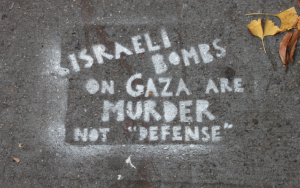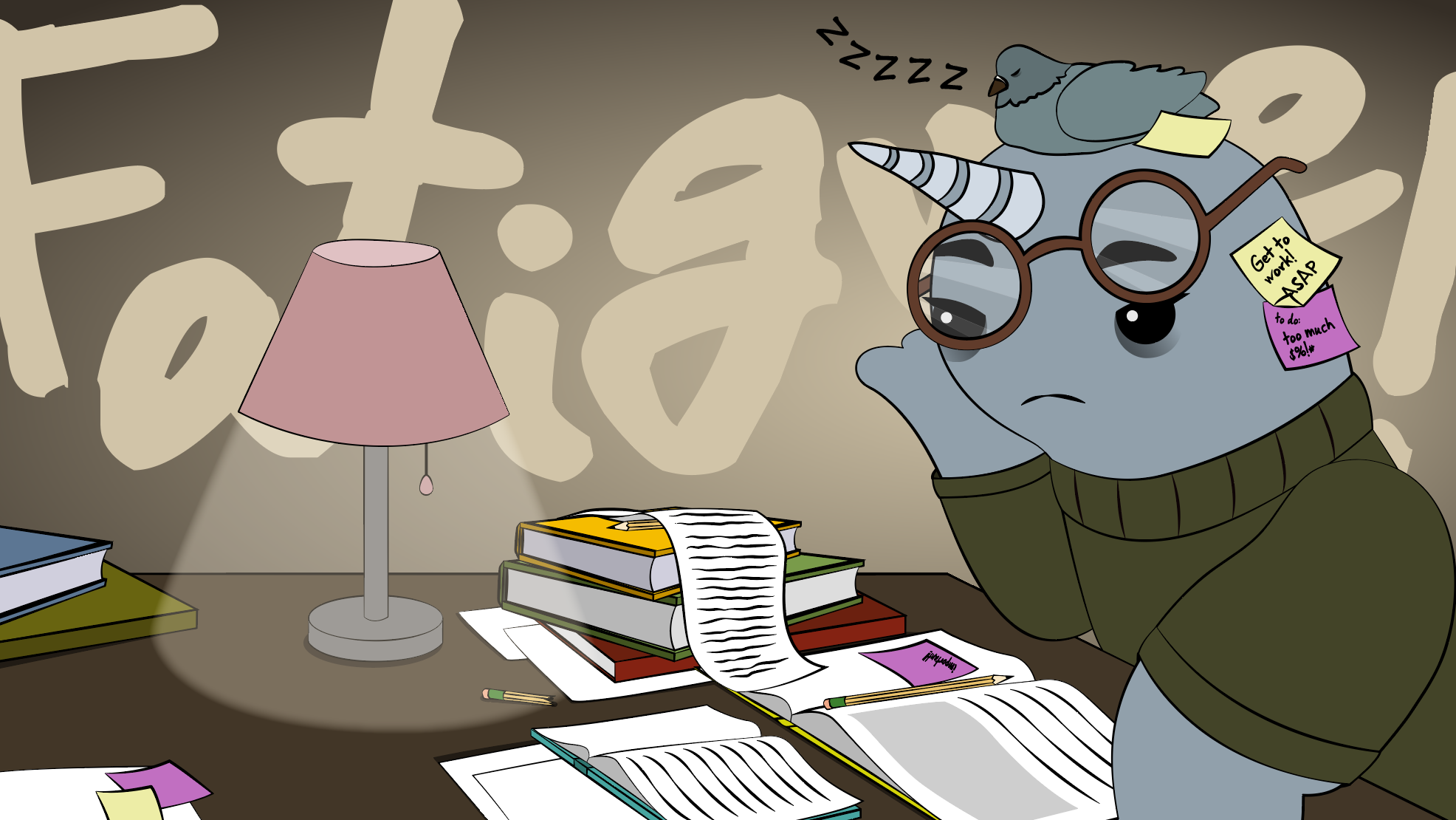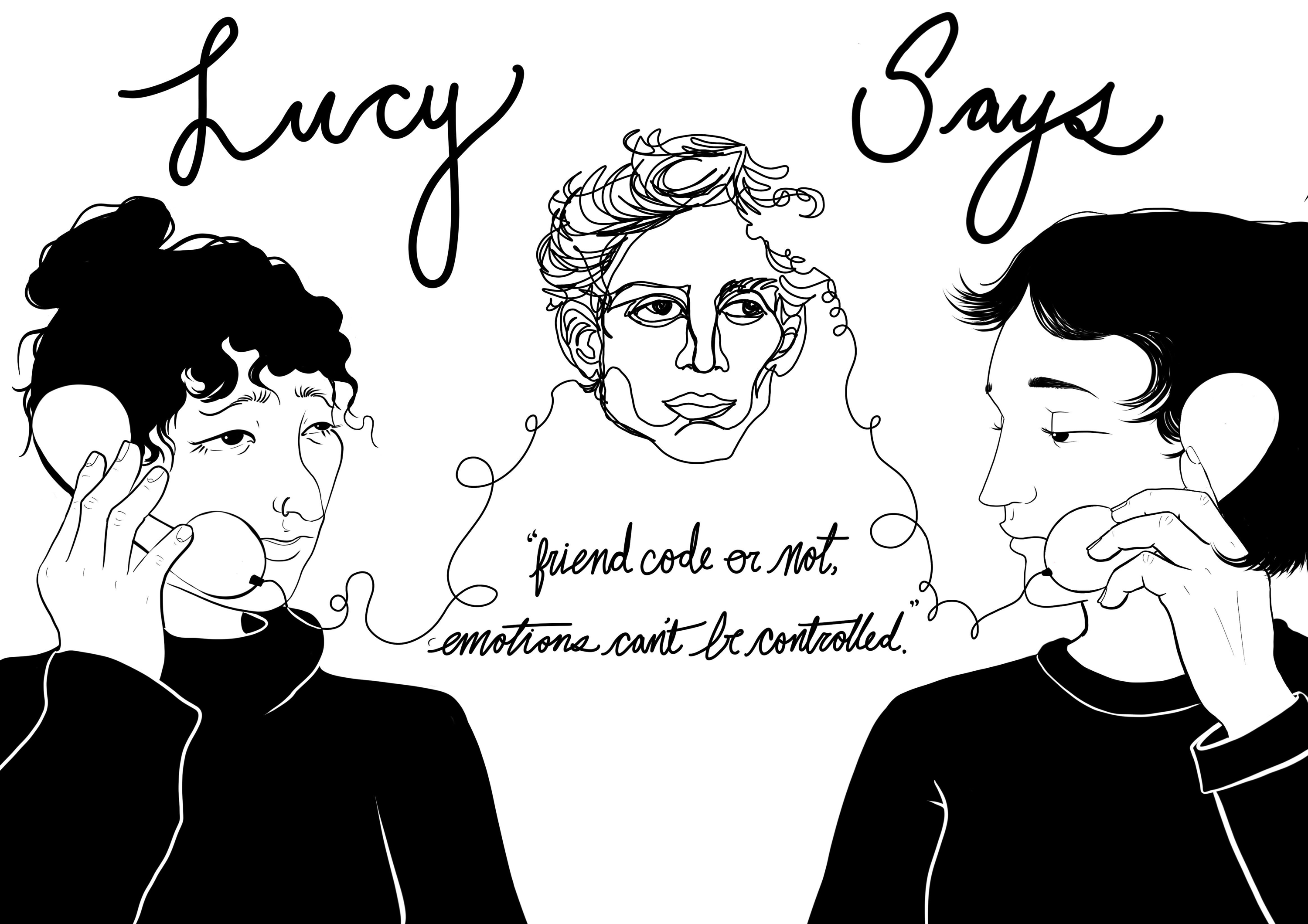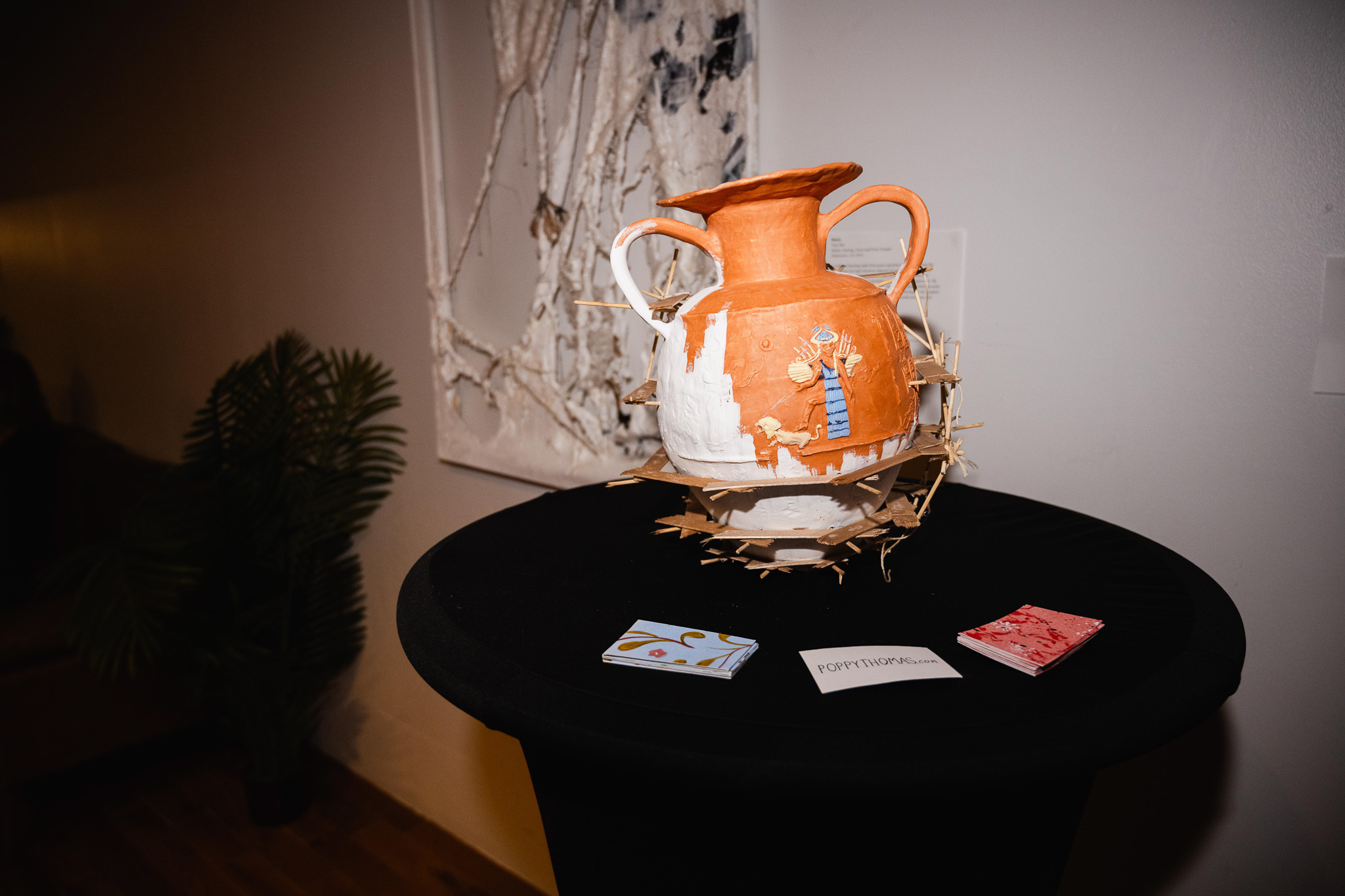
The message, sprayed on the sidewalk in white paint, greets New School students, faculty and staff before they enter 65 W. 11th St. “Israeli Bombs On Gaza Are Murder Not ‘Defense,’” it reads. The statement, anonymously placed, first appeared in mid-November during Israel’s week-long attack of the Gaza Strip. The campaign, dubbed “Operation Pillar of Defense” by the Israeli military, reignited tensions in the Middle East and the accompanying debate over the decades-long conflict between Israel and Palestine.
At The New School — a self-described “progressive” institution that has long prided itself on facilitating social and political discourse — many walk over the spray-painted message everyday on their way to class. And while the two sides reached a ceasefire on November 21, many at the university still have compelling views to share on Israel, Palestine and The New School’s role as an academic institution in addressing the conflict.
“We are historically very lefty, very radical and committed to all sorts of causes,” Neguin Yavari, assistant professor of history at Lang, said of The New School. Despite this tradition however, Yavari said the institution often hesitates from initiating debate on Israel and Palestine. “We don’t know what to do with Israel, so we don’t touch the Middle East,” she said.
Yavari also attributed the ever-developing attitudes that young people hold toward the conflict. “At many levels, the scenario has changed,” Yavari said. “People are becoming more despondent, and by people I mean American Jews — even Americans that aren’t Jews, but who are involved — who go to schools like [The New School].”
On November 29, 2012, the United Nations General Assembly voted to recognize Palestine as a “non-member observer state.” The resolution passed eight days after a ceasefire, mediated by the Egyptian government, ended one week of fighting between the Israeli military and Palestinian militants. Tensions heightened on November 14, when Israel fired rocket missiles into Gaza, killing top Hamas Commander Ahmed al-Jaabari and nine others. The Israeli government claimed that the strikes were in response to rocket attacks from Gaza.
In retaliation, Palestinian militants launched over 1,400 rockets from Gaza into Israel, according to U.N. Secretary General Ban Ki-moon, with many targeted at major cities like Tel Aviv and Jerusalem. Iron Dome, Israel’s air defense system, successfully intercepted roughly a third of the rockets, according to the Israeli military. In total, six Israelis — two soldiers and four civilians — died in the conflict. While the number of Palestinian casualties vary, estimates from the U.N. and other sources place the figure at over 160 deaths, most of them civilians.
These numbers, along with recent support from the U.N. as well as President Barack Obama’s endorsement of a two-state solution to the conflict, have helped draw sentiments in the West toward Palestine and away from Israel. In March 2011, The Guardian reported that a poll by ICM Research found only 10 percent of Europeans believed their country should support Israel over Palestine. It is a shift apparent to Israeli students currently studying at The New School.
“I hear people [in New York] speak against Israel — decidedly hate Israel,” said Ely Abramovich, an Israeli student at The New School for Jazz.
Abramovich said that the ceaseless friction between Palestine and Israel, with both sides at an impasse, has led to an ideological fortification among both Palestinians and Israelis. “As a result, [both sides] are constantly learning that war is the only way,” he said. “You can see it from the support of the people — the Palestinians are voting for Hamas and the Israelis are voting for Netanyahu.”
Abramovich, who said he grew up in a “very left-wing” home, believes that extremist views and a lack of dialogue between the two sides are “just taking [Israel and Palestine] backwards.” When living in Israel, he would attend Pro-Palestinian rallies, while his mother would, and continues to, voluntarily drive Palestinian children from Gaza to Israeli hospitals on a regular basis. However, he said, moving to New York City has changed the way he engages in discourse regarding the conflict.
“Now that I live here, I find myself defending Israel,” Abramovich said. “Not because I suddenly discovered this patriotism in myself, but because people here just don’t understand what’s happening. They perceive the situation in a very shallow way.”
Former Lang student Noor Elashi founded the now-defunct New School student organization Project Palestine in the fall of 2010. Elashi said many Jews attended Project Palestine events and were eager to gain awareness about conditions in Palestine.
“More and more Jews are saying ‘Not in my name,’” Elashi said. “They don’t want the decisions made by Israel to be linked to them just because they are Jewish.”
Elashi also expressed her belief that ordinary people on both sides of the conflict most desire a peaceful resolution.
“Ninety-eight percent of the [Palestinian] population just wants to live,” she said. “Everyone just wants to put everything aside and live harmoniously.”
Israeli jazz student Daniel Dor, a senior at The New School for Jazz and Contemporary Music, said he supports a Palestinian state. He added, however, that he is frustrated by many in the pro-Palestine camp at The New School who are simply uninformed.
“I just met someone from The New School who attended a pro-Palestinian rally and had a lot to say,” Dor said. “But when I asked her to show me Palestine or Israel on a map, it turned out she had no idea where they were.”
Dor added that the “scariest part” of the debate over the conflict is how it attracts people who are far too willing to take part — without recognizing the real-life consequences at hand.
“It’s as if everyone is walking around with a moral compass, thinking they are doing something good,” Dor said. “But they are playing with the lives of people whom actually live there, and live with the consequences.”
With reporting by Michele Berry, Sophia Hoffenberg and Erika Vaatainen








Leave a Reply